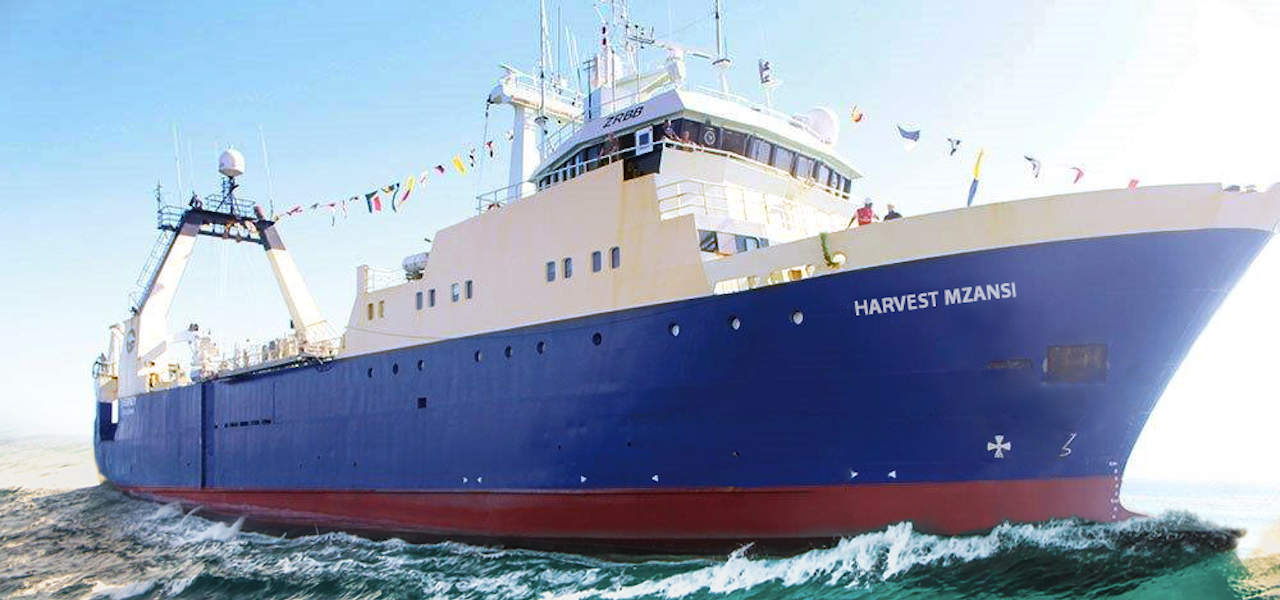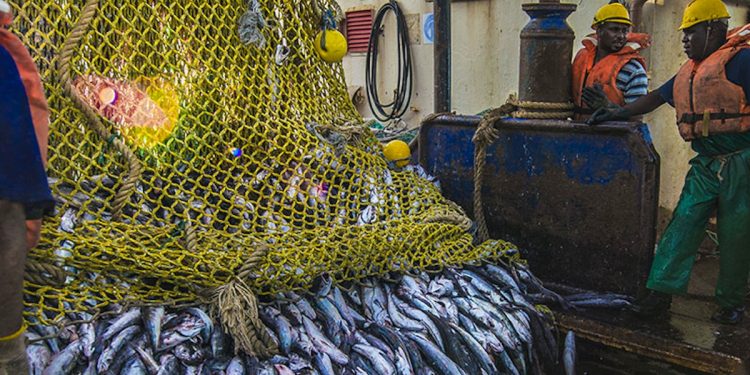A panel of five international fisheries experts has encouraged South Africa to work more closely with neighbouring Namibia in managing deep-water hake stocks.
The experts, who spent a week in early December analysing the state of South Africa’s major renewable marine resources, scrutinised the latest genetic studies of hake to better understand the structure of the hake stocks that form the basis of the R6.7-billion-per-year deep-sea trawl fishery.
They concluded that there are probably two stocks of shallow water hake (Merluccius capensis) – one in Namibia and one in South Africa – and there is a high likelihood of a single stock of deep-water hake (Merluccius paradoxus).
The panel cautioned that further genetic studies, that draw on a higher number of samples from a much broader sampling area, are required before it can be definitively proven that a single stock of Merluccius paradoxus straddles the Orange River – the international boundary between South Africa and Namibia.

These findings have important implications for the management of the hake trawl fishery which is currently undergoing a fourth re-assessment by the Marine Stewardship Council (MSC).
‘The results of the International Review Panel will feed into the MSC re-certification process,’ said SADSTIA Secretary Johann Augustyn.
‘One of the main findings is that we, together with our partners in the universities, need to use the latest genetic techniques to find out more about, in particular, the structure of the paradoxus stock. In the future, we would like to work more closely with our Namibian counterparts to develop joint stock assessments and for this we will also require Namibian stock assessment data. Namibia has already been given access to our data.’
The 2019 International Fisheries Review Panel experts included David Die of the University of Miami, André Punt of the University of Washington, Ralph Tiedemann of the University of Potsdam, Robin Waples of the National Marine Fisheries Service and Michael Wilberge of the University of Maryland Centre for Environmental Science.
All are acknowledged experts in the fields of quantitative fishery science, fish stock assessment, genetics and statistical analysis of data.
The annual International Fisheries Stock Assessment Review Workshop is convened by Emeritus Professor Doug Butterworth, head of the Marine Resource Assessment and Management (MARAM) Group at the University of Cape Town’s Department of Mathematics and Applied Mathematics.
The Workshop has taken place every year for the past 20 years. It performs an extremely important peer review function because it provides South African fisheries scientists with an opportunity to subject their stock assessment techniques and findings to the scrutiny of international experts in the field.
‘We are extremely fortunate to have globally recognised fisheries experts working with us to ensure that our hake stocks are effectively managed by assisting us with such rigorous peer review,’ Johann Augustyn commented.
‘The South African trawl fishery for hake is acknowledged to be one of the best managed hake fisheries in the world.’









